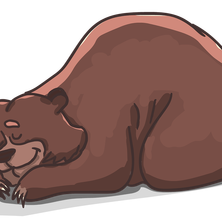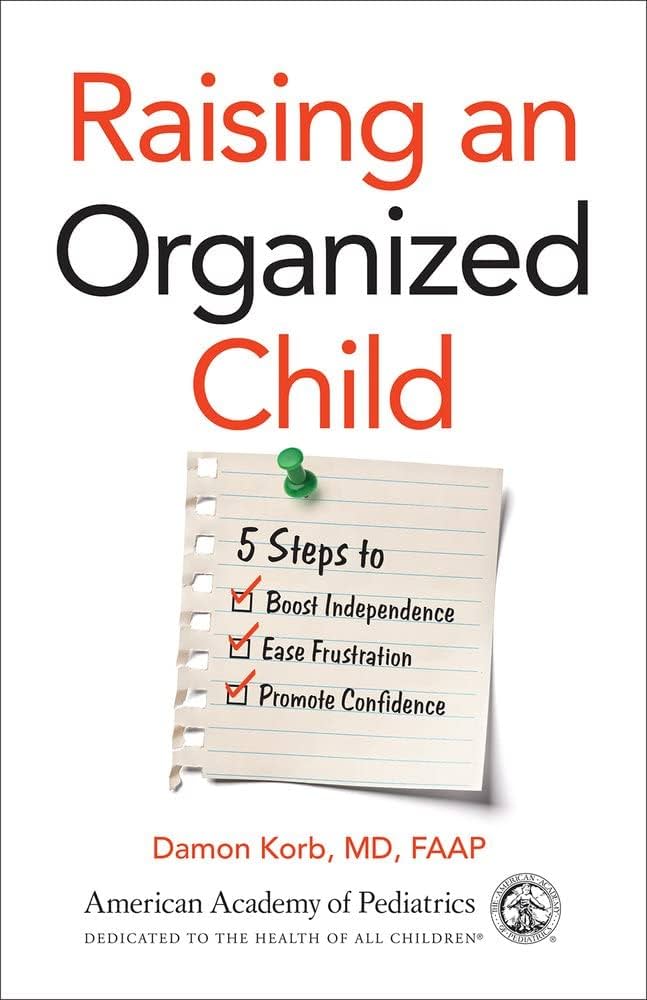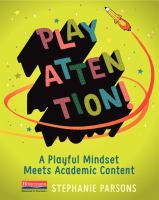
Creating independence: Let’s Sleep
Sleep is very important for everyone, especially your developing little’s brain. As soon as you get a routine into action, it often feels like your little starts going through a regression.

Sleep is very important for everyone, especially your developing little’s brain. As soon as you get a routine into action, it often feels like your little starts going through a regression.

A major thing that helps us in life is our executive functioning skills. Our executive functioning skills are essentially our ability to do planning, organization, and then follow through with that planning and organization by acting on it.

Get ready to learn all about the environment and how you can do your part with Smokey Bear’s Reading Challenge. Running from August 10th to November 30th, the challenge is available to all ages and accessible on your Beanstack account.

Confidence starts with the caretaker. We are our young's first teacher and mentor. We model behavior and many other things to our children daily. Confidence can be hard even for adults, because of all the different situations we are exposed to--breastfeeding, conflict, new situations, work, etc. And although everyone can't always be confident all the time, we can try to assert ourselves consistently to lay boundaries and advocate for ourselves.

Regulating our emotions can be a very daunting thing. Now imagine being a child and doing it. Our brains are not fully developed until about 25 years old, because our prefrontal cortex is still figuring our the decision making piece, and emotions are heavily tied into that. But much of that is started in the early years. You can help your kiddo figure things out by setting them up for success with emotional intelligence.

Problem solving is something parents/caregivers are faced with numerous times everyday. Even things as simple as questioning 'what am I cooking for dinner?' 'Do I have all the ingredients?' 'Now what?' Each of these questions from one simple task of cooking a meal to actually feeding our kids (and ourselves) count towards solving problems. All of these questions are part of our organizing and planning, then initiating system--executive functioning.

Persistence, grit, trying again, not giving up. There are many ways to put it and it is not an easy thing to teach to our younglings... but do we give up? No! Instead we keep going to model it and apply our problem solving skills.

A HUGE part of reading is retention through memory. Are we remembering each letter sound? Can we recall the sound on the spot for both lowercase and uppercase letters?

Did you know that we have 8 senses? We are all taught 5 of them repeatedly growing up, and that is because they help us with our perceptions of the world. Of those most commonly known five senses, though, our children are using them to grow and develop into bright learners ready to take on the challenges life throws at us as adults.

How many times a day do you have to tell your child to “focus”? I know as an adult, that I have to remind myself to focus on a menial task daily.